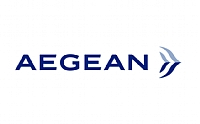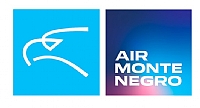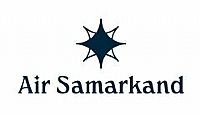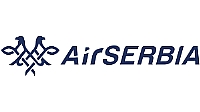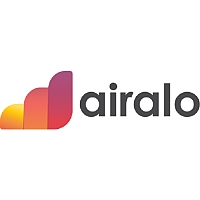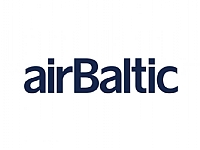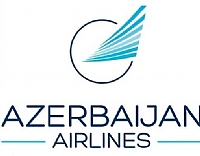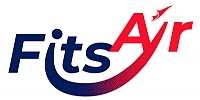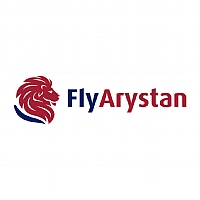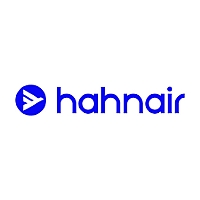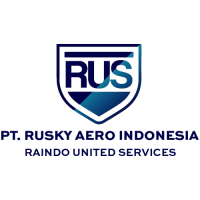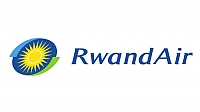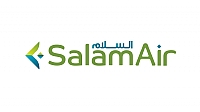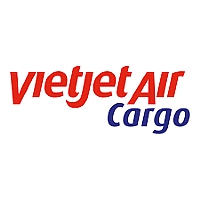Reduced Fuel Consumption, Quieter Engines, Lower Operating Costs
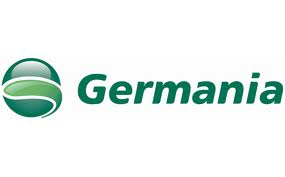
The Germania Group is embarking on extensive technical and operational measures in preparation for the 25 brand new A320neo aircraft that will be added to the fleet from January 2020. At a press event held at the factory of aircraft manufacturer Airbus in Hamburg-Finkenwerder on Wednesday, CEO Karsten Balke spoke about Germania's investment in the new planes and about the fleet standardisation that represents the most extensive modernisation programme in the airline's history.
The introduction of the new aircraft entails numerous improvements in efficiency: Germania is counting on a 15 percent reduction in fuel consumption per seat, which also means lower carbon dioxide emissions. The savings in maintenance costs associated with operating the new planes and also with the fleet standardisation is estimated to be in excess of 5 percent. Furthermore, the technical improvements achieved with the A320neo aircraft include cutting noise emissions to almost half the previous levels. Furthermore, a 50 percent reduction in NOx emissions is achieved with these planes. The aircraft can accelerate to 200 kmph in less than 20 seconds, and at the end of its service life, 85 % of its components can be recycled. Sharklets, fuel-efficient engines and modern construction methods are the major benefits of the A320neo within the Airbus family.
Germania has already begun to make the necessary preparations: on the one hand, more pilots are being trained to fly Airbus aircraft, and on the other hand, the entire technical set-up of Germania’s technical departments is being modified to meet the new requirements. These measures include the procurement of the necessary special tools and spares, recruiting additional personnel, arranging technical training courses and obtaining an approval extension from the German Federal Aviation Office.
“As an established German airline, we are proud to be taking this important step with Airbus, Europe's leading manufacturer and corporate partner,” said Balke. “Following a multi-stage decision-making process, we opted for the A320neo, a modern and efficient product, and we have every confidence in the quality leap and reliability that it represents.”
Germania is an independent German airline which was established over 30 years ago. On short-haul and medium-haul flights the airline, with its distinctive green and white livery, carries more than 3 million passengers per year. Germania offers connections from 20 departure airports in Europe to over 55 destinations within the continent, North Africa and the Middle East. Reversing the common industry trend, Germania continues to offer complimentary snacks, soft drinks, magazines and a minimum of 20 kg free baggage allowance. Germania operates scheduled, charter and ad-hoc flights. Together with Bulgarian Eagle and the Swiss airline Germania Flug AG, Germania's fleet will include up to 36 aircraft by summer 2018.
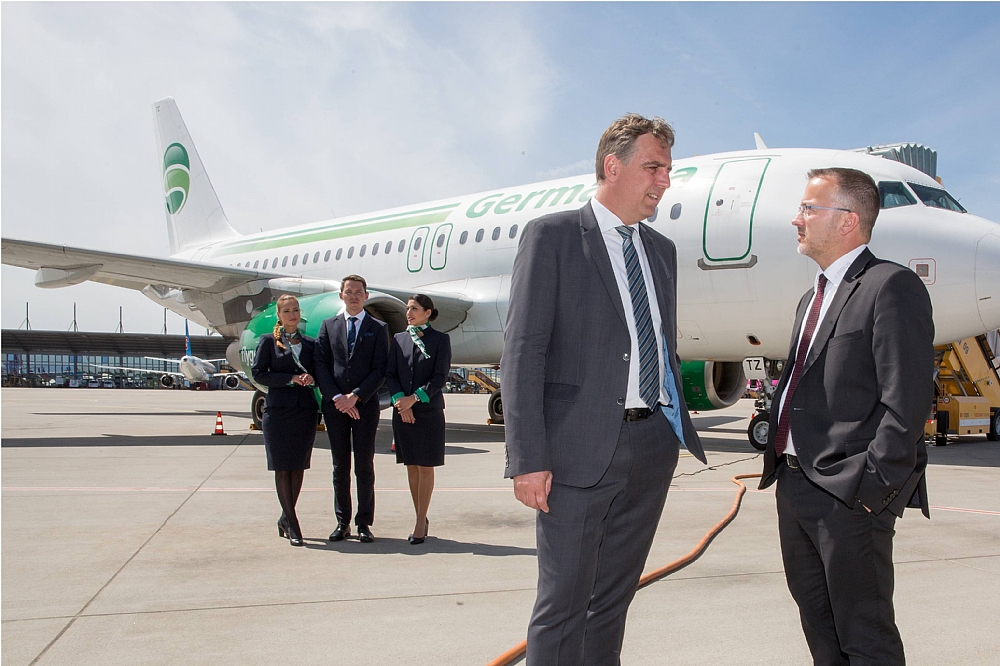
Airbus Karsten Balke, CEO Germania, und Olaf Lawrenz, Senior Vice President A320 FALs - Hamburg, Toulouse, Tianjin and Mobile at Airbus, im Gespräch vor dem Airbus-Werksshuttle der Germania in Hamburg-Finkenwerder




















